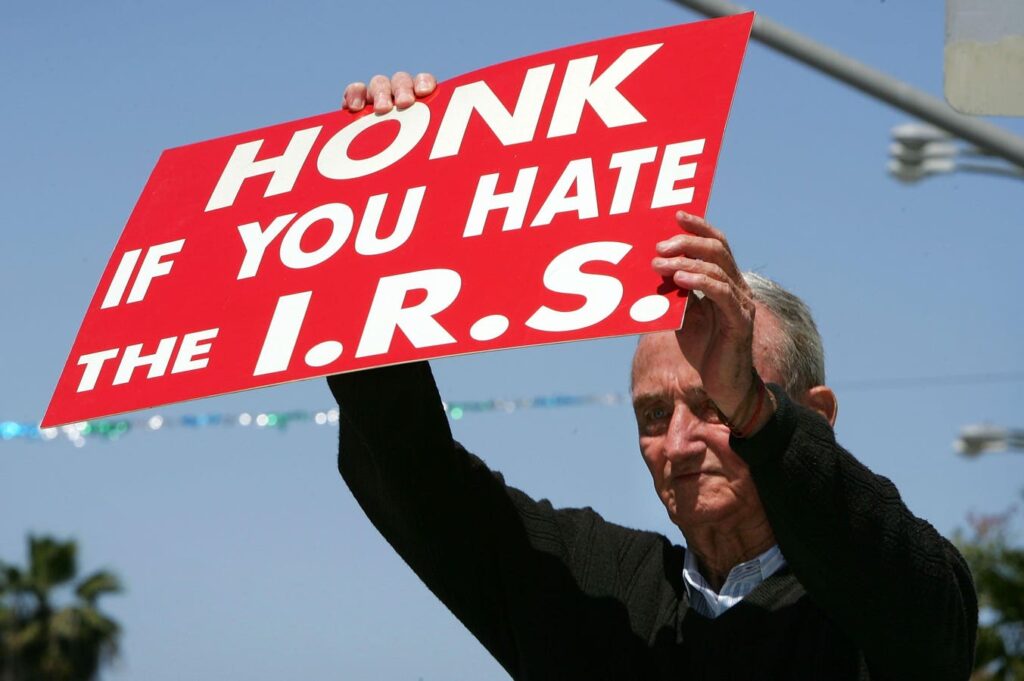The ongoing debate surrounding the fairness and structure of income taxes in the United States is spotlighted by various narratives, including J.D. Montgomery’s protest against the Internal Revenue Service in Van Nuys in 2006, where he expressed discontent over tax obligations. This scenario underscores a larger historical context of federal income taxation, which can be traced back to its origins and evolution from its inception in the early 20th century. Analyzing the data from the Office of Management and Budget reveals compelling insights into the contributions of individual versus corporate income taxes over time.
The noticeable trends in taxation illustrate two prominent questions: the rationale behind paying income taxes and the decline in corporate tax contributions. Citizens typically pay income taxes primarily to fund government operations, infrastructure, and services that benefit society at large. However, a significant portion of the populace, particularly those with lower incomes, often finds themselves exempt from federal income taxes, although they contribute through other means such as Social Security and sales taxes. In contrast, corporations, benefiting from extensive deductions, have seen a reduced tax obligation, leading to a growing disparity in the burden of taxation between individuals and businesses.
When comparing the growth of corporate profits with personal income, data from the St. Louis Fed illustrates that individual income has expanded at a faster pace relative to corporate earnings, particularly in a population as large as the United States’. This creates a discord where the masses increasingly accumulate wealth, yet often face higher tax burdens than the corporations they work for. The diminished corporate tax contribution touches upon a broader fiscal conversation regarding the equity of tax systems and the responsibilities assigned to different economic entities.
A framework for understanding this inequity emerges when distinguishing how taxes are levied on individuals versus corporations. Personal income comprises earnings derived from various sources, such as employment, investment, and rental income. Individuals pay taxes based on their total income, leading to a notable impact on their disposable incomes. Conversely, corporations leverage numerous business expense deductions, only being taxed on their remaining profits. Such differentiation creates a landscape where individuals bear a disproportionate share of tax burdens compared to corporations, which engage in practices to minimize taxable income.
This imbalance invites inquiries into what constitutes a fair tax system. The underlying issue is that while individuals shoulder significant tax responsibilities that fund government functions, corporations receive numerous benefits without contributing equitably to the tax pool. As corporations advocate for policies that favor their financial interests, the burden of taxation shifts progressively onto individual taxpayers, raising questions about social equity and fiscal responsibility.
Ultimately, a call for a more balanced tax system emerges from these discussions. It suggests the necessity for reforms that ensure corporations contribute fairly to the public coffers, addressing the disparity in taxation and fostering a level playing field between individual taxpayers and corporate entities. This balance is essential for maintaining societal trust in the tax system and ensuring that the government can effectively fulfill its mandate to serve all citizens equitably. The current structures and disparities highlight the need for continued examination and adjustment to nurture a more equitable fiscal landscape.

